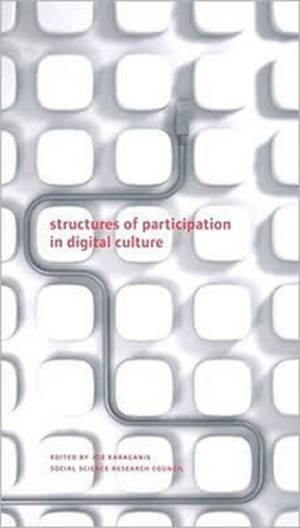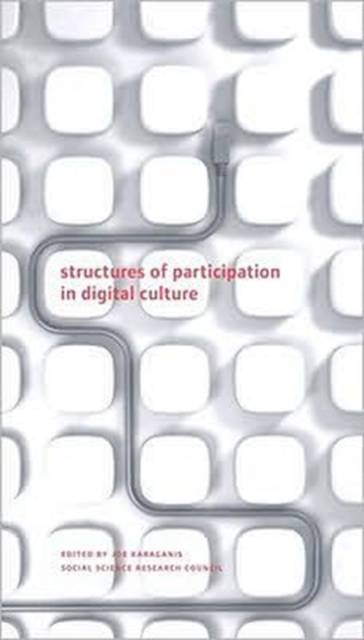
- Afhalen na 1 uur in een winkel met voorraad
- Gratis thuislevering in België vanaf € 30
- Ruim aanbod met 7 miljoen producten
- Afhalen na 1 uur in een winkel met voorraad
- Gratis thuislevering in België vanaf € 30
- Ruim aanbod met 7 miljoen producten
Zoeken
Omschrijving
Digital technologies are engines of cultural innovation, from the virtualization of group networks and social identities to the digital convergence of textural and audio-visual media. User-centered content production, from Wikipedia and YouTube to Open Source, has become the emblem of this transformation, but the changes run deeper and wider than these novel organizational forms.
Digital culture is also about the transformation of what it means to be a creator within a vast and growing reservoir of media, data, computational power, and communicative possibilities. We have few tools and models for understanding the power of databases, network representations, filtering techniques, digital rights management, and other new architectures of agency and control. We have even fewer accounts of how these new capacities have transformed our shared cultures and our understanding of and capacities to act within them. This volume addresses these issues and supplies the demand for a comprehensive critical framework that places these developments in context.Specificaties
Betrokkenen
- Auteur(s):
- Uitgeverij:
Inhoud
- Aantal bladzijden:
- 284
- Taal:
- Engels
- Reeks:
Eigenschappen
- Productcode (EAN):
- 9780979077227
- Verschijningsdatum:
- 29/04/2008
- Uitvoering:
- Paperback
- Formaat:
- Trade paperback (VS)
- Afmetingen:
- 147 mm x 251 mm
- Gewicht:
- 589 g

Alleen bij Standaard Boekhandel
+ 67 punten op je klantenkaart van Standaard Boekhandel
Beoordelingen
We publiceren alleen reviews die voldoen aan de voorwaarden voor reviews. Bekijk onze voorwaarden voor reviews.











